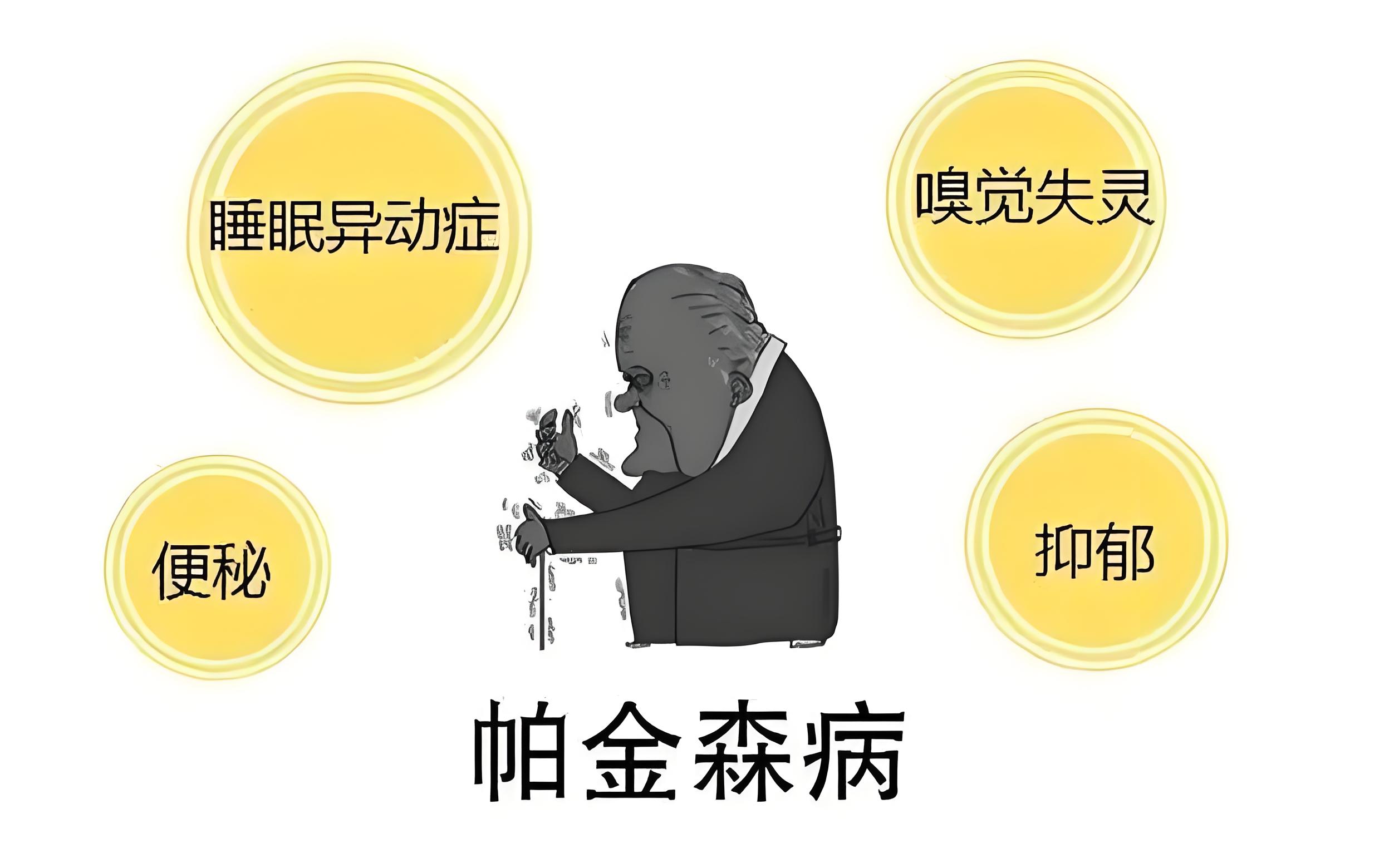外科医生进行了英国第一个非跳动的心脏移植。供体通常是从人的大脑干死,但他的心还在跳动。在这种情况下,器官来自一个供体后他们的心脏和肺已停止运转。Papworth医院在剑桥恢复功能的心脏放在器官移植医疗系统在保持其质量的外科医生。这是第一次这样的程序已在欧洲。
受捐者Huseyin ulucan,60,在伦敦,接受了手术,本月早些时候,有2008的心脏病发作。他说:“手术前,我真的没有生活质量。现在我感觉更强的每一天。”医院说是“显著的进步”ulucan仅花了四天的重症监护之后就被允许回家后。

目前,不是每个人都需要心脏移植可以有一个由于没有足够的合适的。然而,我们希望通过使用非跳动的心,人能有心脏移植的数量将增加到25,仅在英国10%,拯救了数百条生命。
去年,澳大利亚外科医生进行了世界上第一个使用非心脏移植。顾问医生史蒂芬大,谁LED Papworth移植团队,说:“这组供心的使用可以达25,仅在英国10%增加心脏移植。”有171个心脏移植手术在过去12个月在英国。但供不应求,一些患者不得不等上三年,一个合适的器官,有许多死亡的等待名单上。非心脏捐献者提供的肾脏,肝脏和其他器官,但直到现在也不可能使用心脏因为担心它会受到损害。
第一个成功的移植进行器官护理系统–也被称为'在一个盒子'–心脏发生在悉尼圣文森特医院去年,涉及心脏停止跳动了20分钟。该系统允许捐赠者的心脏被连接到一个无菌的血液恢复心跳的电路,使它温暖,限制与以往的方法看到的心放在冰所带来的不利影响。使用的防腐剂溶液和一盒的心脏,器官是可以复活,保存和评估,直到它准备去接受。现在还不清楚如何在它停止了跳动,Papworth医生重新启动心脏长。他们用超声评估心功能的重新启动50分钟后才批准它用于移植。
然后他们把它从供体,将它放在机器灌注heart-in-a-box器官的血液和营养,并保持为三小时,直到手术继续跳动。
“这是一个非凡的成就,”西蒙说梅塞尔。以前的人不会得到心脏移植现在能够拥有他们。
在英国,超过250的病人在心脏移植等待名单,在英国大约有900000人患有心衰,根据英国心脏基金会。他补充说:“目前在超过三年的患者等待心脏移植。但不到一半的人在等待名单将被移植。"
原文
UK surgeons complete Europe’s first transplant of a non-beating heart: New procedure could increase transplantation by up to 25 per cent in Britain
Surgeons have carried out the UK’s first transplant of a non-beating heart.
Donor hearts are usually from people who are brain-stem dead, but whose hearts are still beating. In this case, the organ came from a donor after their heart and lungs had stopped functioning.
Surgeons at Papworth Hospital in Cambridgeshire restored function to the heart before placing it on an Organ Care System to maintain its quality before it was transplanted.
It is the first time such a procedure has been performed in Europe.
Recipient Huseyin Ulucan, 60, from London, who underwent surgery earlier this month, had a heart attack in 2008. He said: ‘Before the surgery, I really had no quality of life. Now I’m feeling stronger every day.’
The hospital said Mr Ulucan was making ‘remarkable progress’ after spending only four days in its critical care unit before being allowed to go home.
Currently not everyone who needs a heart transplant can have one due to there not being enough suitable ones available.
However, it is hoped that by using non-beating hearts, the number of people able to have heart transplants could increase by up to 25 per cent in the UK alone, saving hundreds of lives.
Last year, surgeons in Australia performed the world’s first transplant using a non-beating heart.
Consultant surgeon Stephen Large, who led the Papworth transplant team, said: ‘The use of this group of donor hearts could increase heart transplantation by up to 25 per cent in the UK alone.’
There have been 171 heart transplant in the past 12 months in the UK. But demand exceeds supply, and some patients have to wait up to three years for a suitable organ, with many dying on the waiting list.
Non-beating-heart donors provide kidneys, livers and other organs, but until now it has not been possible to use the heart because of concerns it would suffer damage.
Mr Large added: ‘This is a very exciting development. By enabling the safe use of this kind of donor hearts, we could significantly increase the total number of heart transplants each year, saving hundreds of lives.’
The first successful transplant carried out using the Organ Care System – also known as ‘heart in a box’ – took place in St Vincent’s Hospital in Sydney last year, involving a heart that had stopped beating for 20 minutes.
The system allows the donor heart to be connected to a sterile circuit of blood which restores the heartbeat and keeps it warm, limiting the adverse effects associated with previous methods which saw hearts kept on ice.
Using the preservative solution and the heart in a box, the organ is able to be reanimated, preserved and assessed until it is ready to go into a recipient.
It is not clear how long after it stopped beating that the doctors at Papworth restarted the heart.
They used ultrasound to assess the function of the restarted heart for 50 minutes before approving it for transplantation.
They then removed it from the donor, placed it in the heart-in-a-box machine which perfused the organ with blood and nutrients, and kept it beating for three hours until the operation went ahead.
‘This is a phenomenal achievement,’ said Simon Messer, cardiothoracic transplant registrar at the hospital.
‘People who previously would not get a heart transplant will now be able to have them.’
More than 250 patients in Britain are on the waiting list for heart transplants, and around 900,000 people in the UK are living with heart failure, according to the British Heart Foundation.
Mr Messer added: ‘Currently patients can wait over three years for a heart transplant. But less than half of the people on the waiting list will be transplanted.
‘About 13 per cent die while they are waiting, and around 30 per cent are removed from the list, because they become too unwell to have the operation.’



